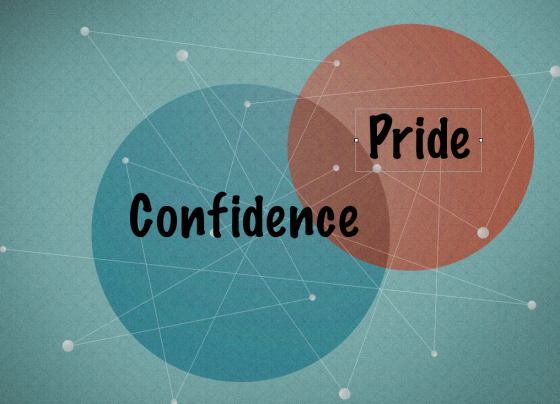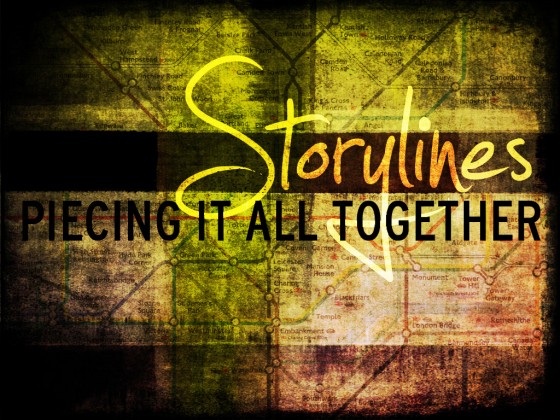There are certain things that pastors should not say out loud. Things that instantly create a damaging culture that’s difficult to recover from.
There are also phrases you should be careful saying to your pastor, and things every pastor wishes they could say.
But there are other things that pastors say to themselves that are incredibly damaging. These words point pastors on a dangerous course. In the moment, they seem harmless. They just seem to be the product of a stressful week or a slip of the internal tongue. In time, though, these can shift a pastor’s heart away from authentic, biblical shepherding. Away from their calling. And away from the people they love.
6 Things Pastors should Never Say to Themselves
1. Should I really preach this difficult text?
Consider carefully what passages from Scripture you’ll preach. Choose with wisdom how you’ll lead your people through Scripture. But don’t let “Is this passage too hard for people to hear?” motivate you to not preach a text. If you feel like the timing isn’t right, bump it a few weeks. But don’t let fear and cowardice keep you from preaching Truth.
2. Because they give so much…
Never start a sentence with this. “Because they give so much…
- I’ll meet with them.
- I’ll listen to their idea.
- I’ll give their idea a shot.
- I’ll not give up on them.
James 2:2-4 warns
For example, suppose someone comes into your meeting dressed in fancy clothes and expensive jewelry, and another comes in who is poor and dressed in dirty clothes. If you give special attention and a good seat to the rich person, but you say to the poor one, “You can stand over there, or else sit on the floor”—well, doesn’t this discrimination show that your judgments are guided by evil motives?
3. Preaching is so much more important than ministry throughout the week.
Preaching is important. But don’t grow to the point where you feel your Sunday morning ministry is more important than what you do throughout the week. The way you love people, serve your community, follow up with visitors, shepherd staff, and make key strategic decisions is just as important, and both feeds into and out from, your Sunday morning ministry.
4. Pastoring is more important than my family.
No. No it’s not. If you think this, you’ll end up with no ministry at all.
For if a man cannot manage his own household, how can he take care of God’s church? – 1 Timothy 3:5
5. Should I really tithe?
Giving is an act of faith. It shows a deep trust that God is in control of money, not you. It also shows that you believe in something or someone. If you give money to a political candidate, you show your support of them. Give money to Habitat for Humanity, you show you believe in them. When you don’t give money to the local church you’re leading, you show a lack of support. On top of that, it’s a bit hypocritical for you to ask people to tithe, while you yourself don’t.
6. I think God is done with me.
Never, never say this. God may be done with you in a certain context. A certain type of ministry, maybe. But your pain, frustration, and disappointments can become, if you’ll let them, your unique voice of hope and grace. God’s not done with you. You still have a ministry. God uses men and women every day who have been crushed by life. Don’t mask your pride by thinking God’s done with you. “Your” ministry is so much bigger than you, anyway.
Pastor: ever uttered these phrases? Ever heard someone else say them?










